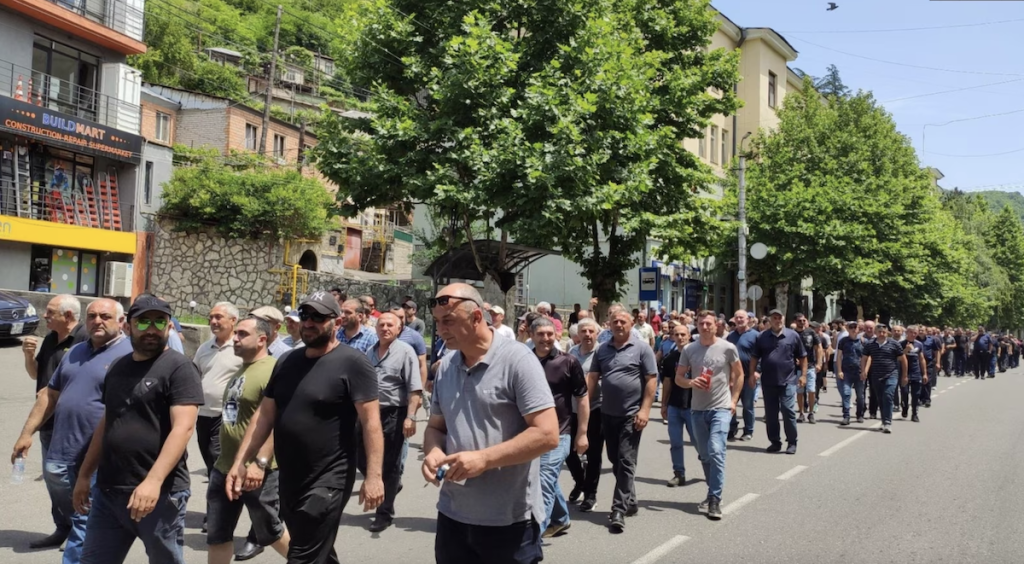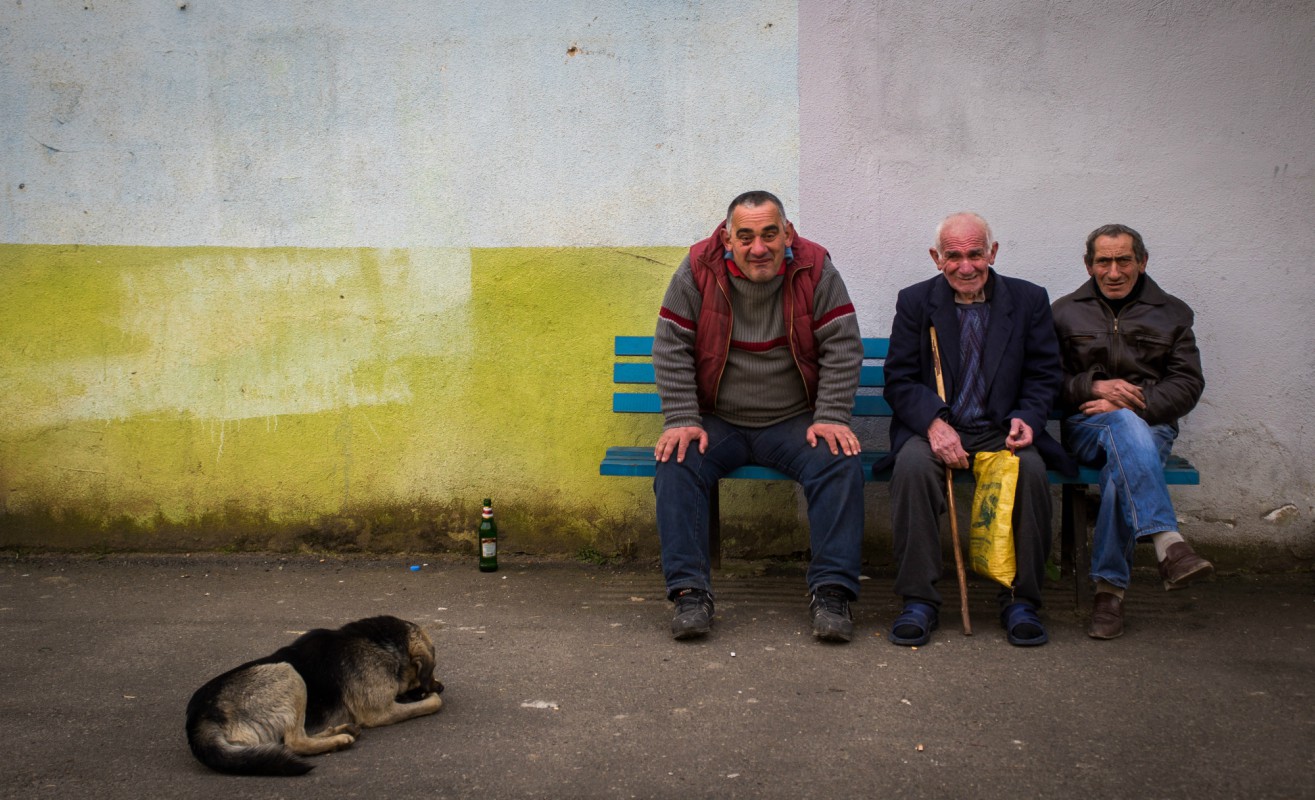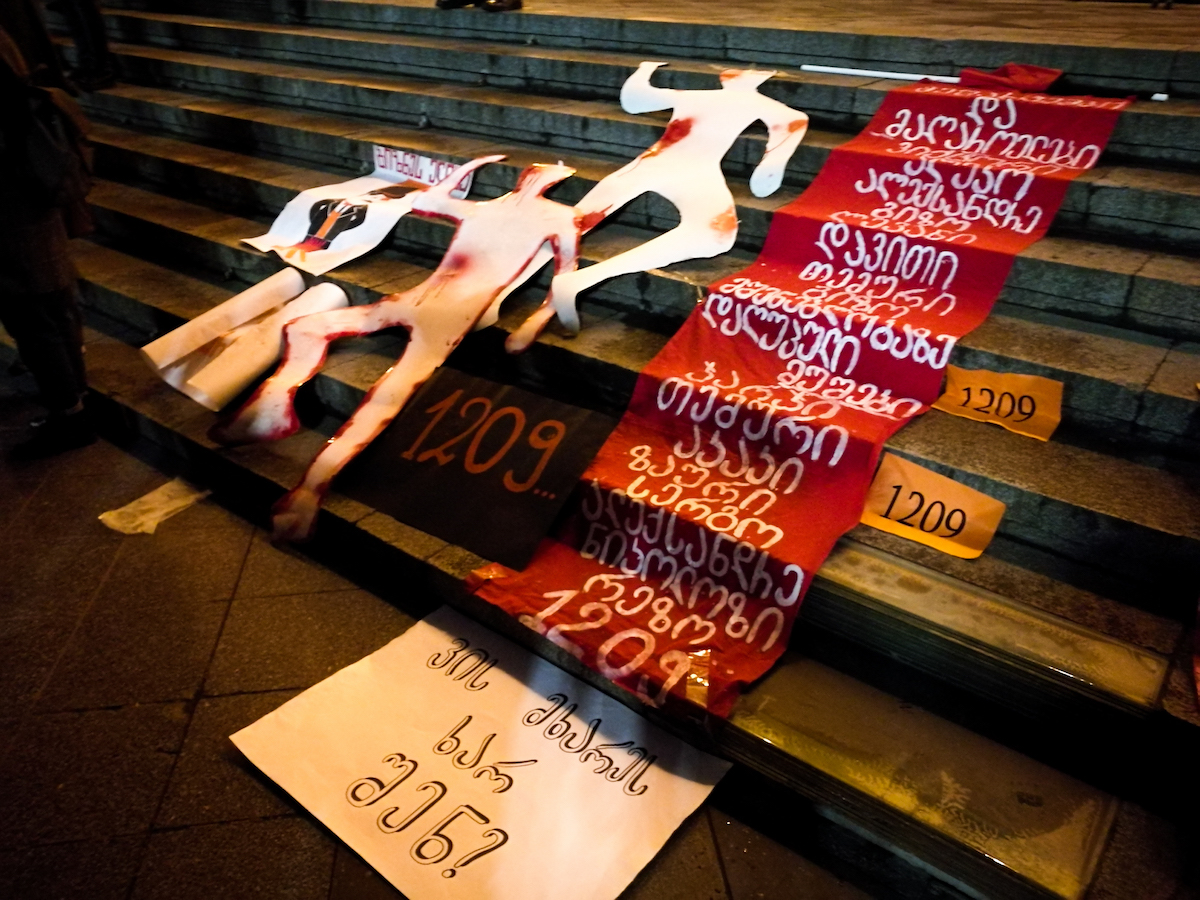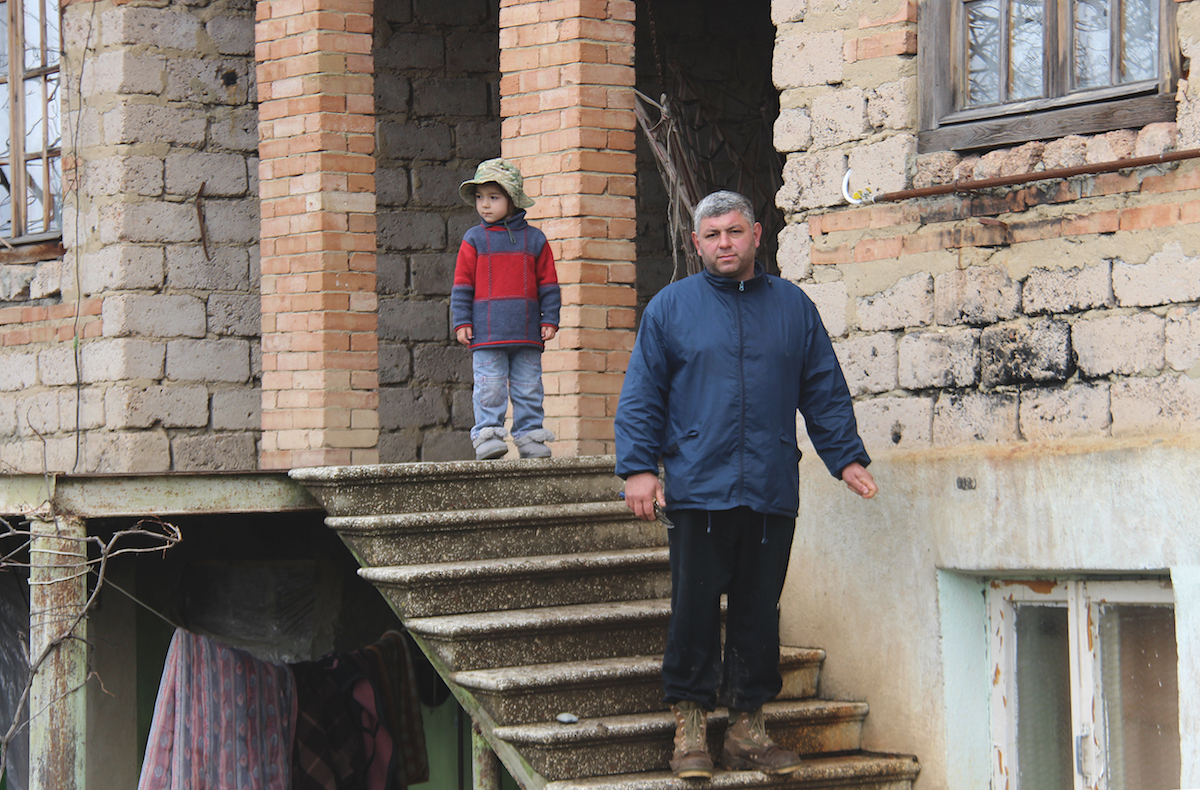Strike and hunger strike in the mining site Chiatura in Georgia
Chiatura miners’ strike
Miners and their families in Georgia’s manganese mine at Chiatura have been on strike for the ninth day. About three thousand employees of the Georgian Manganese company are already on strike, and ten of them have gone on a hunger strike.
All mines are closed. The workers demand decent working conditions and higher wages.
Main requirements:
Salary increase by 40 percent;
Reduction of the working day;
Improvement of the insurance package;
Solving environmental problems in the cities that have arisen due to the operation of mines.
The participants of the hunger strike on June 13 pitched a tent in the center of the city, opposite the mayor’s office. They claim that the decision to start the hunger strike was made after the Georgian Manganese company did not make concessions.

Georgian Manganese reported that due to the decrease in demand for ferroalloys and low prices on the international market, the transition to a new work schedule is on the agenda.
According to a statement released by the company, Georgian Manganese is able to pay salaries to employees only through bank loans. They told the Georgian editorial office of Radio Liberty that at this stage they agree to a salary increase of only 5%.
It is not yet known whether their position will change after the involvement of the state in the process.
The mediator sent by the Ministry of Health arrived in Chiatura on 13 June.
“The mediator talked to the employees, learned about their problems, and mediation procedures are already underway. There will be personal meetings with both employees and representatives of the company,” the Georgian publication “Publica” was told in the labor inspectorate.
There are about fifteen mines in Chiatura where manganese is mined. The life of this town is completely dependent on the mines. The average salary of a miner is 1,000 lari [about $300].
One of the miners told the Public that in January 2023, the company reduced the wages of workers by 40 percent for up to three months. Workers began to receive 600 lari per month instead of 1,000.
Three months later, the company again increased wages, but also significantly increased the amount of work. The miners say they are now working 12-hour days.
Among other things, miners demand decent food. In a conversation with the Georgian edition of Netgazeti, they said that the company was contracted to deliver meals to them, but the food they bring is of very poor quality.
Workers say they are forced to eat cheap canned fish like “sprats in tomato”, which have an unpleasant taste and are unsuitable food for people engaged in hard manual labor.
The miners also demand to improve safety conditions at work and re-equip the technical equipment in the mines.
Although the mediation process had begun, the miners resorted to an extreme form of protest. They are not going to stop the protests until their demands are met.
Strikes demanding better working conditions are not new in Chiatura. Two years ago, the strikers even sewed their mouths shut in protest.
“The city of black gold” – that was the name of Chiatura in the Soviet Union. This small town is the center of manganese mining and processing in the Transcaucasus.
According to experts, manganese deposits in Georgia are distinguished by high quality ore, large industrial reserves and convenient geographical location.
The exploitation of the Chiaturi deposit began in 1879. However, this does not change much for the locals – today the mining town lives in extreme poverty.
Local residents say that the houses of the local population are damaged and in disrepair due to years of work on the extraction of ore at the Georgian Manganese. They also complain about other environmental problems and note that they live in constant fear and a hazardous environment.





















